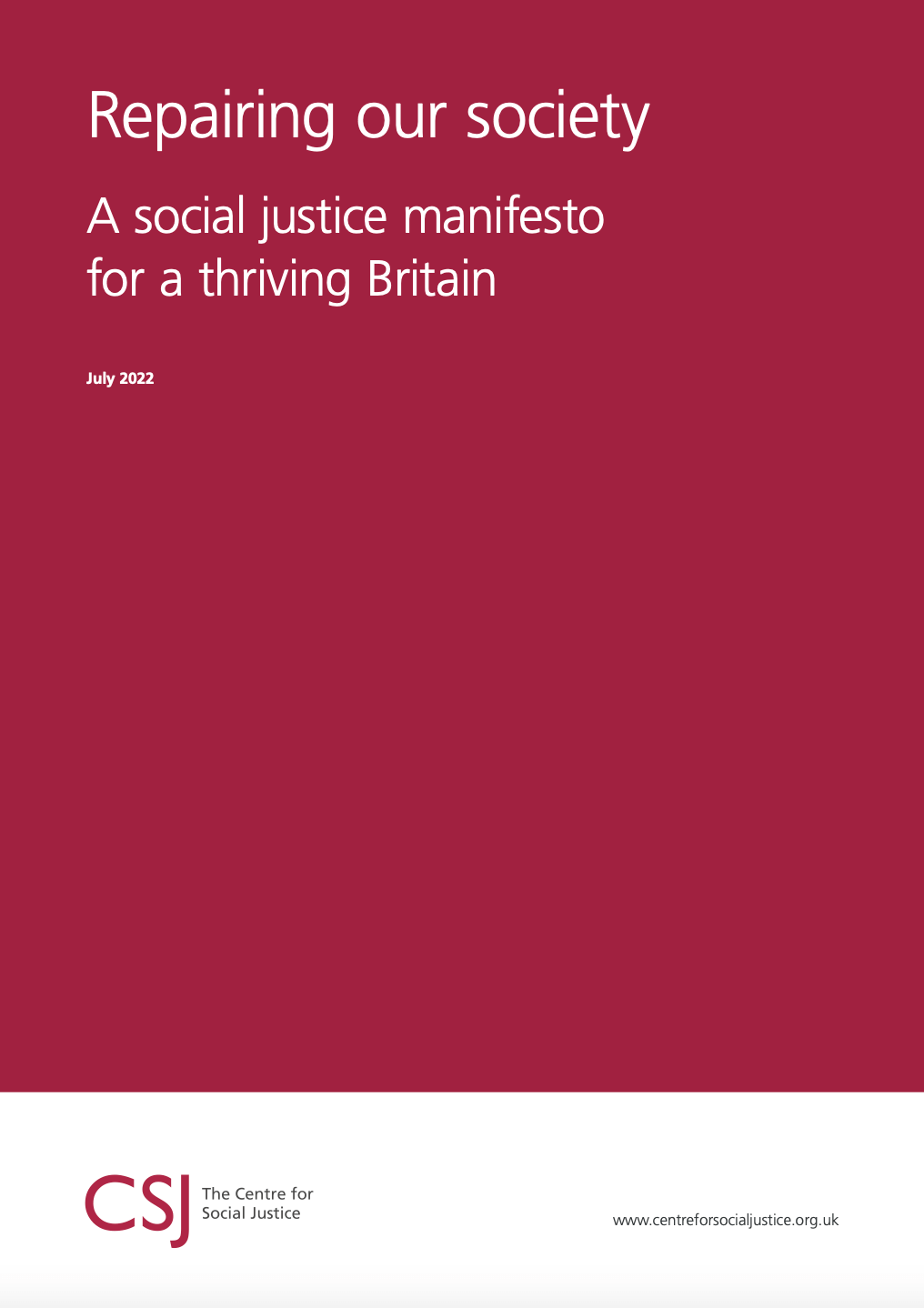
The next Prime Minister faces an unenviable in-tray of urgent domestic challenges. Stuttering economic growth. Public services gripped by backlogs. Soaring energy prices tearing household budgets apart. These are the immediate policy challenges any new leader must face.
Yet the pandemic and ongoing cost of living crisis have also exposed – and exacerbated – foundational weaknesses in our society. Many who were just about managing are no longer coping. The next Prime Minister must take equally seriously and address with equal energy the long-term repair work our country so urgently needs.
Family is the bedrock of our society. And yet the rate of marriage is at its lowest level since records began, according to the Office for National Statistics. This is despite overwhelming evidence showing that stable, two-parent families provide the best start in life for children. Half (49 per cent) of lone parent families are in relative income poverty – many children in this country are experiencing the impact of ‘Dad deprivation’.
Personal finances were teetering well prior to the inflationary surge experienced in 2022. Over eight million people were found to be over-indebted by the Financial Conduct Authority in 2020, while official figures show a third of adults report having no savings at all. The number of people receiving Universal Credit has shot up from 2.9 million before the pandemic to 5.6 million. With thousands dropping out of the workforce – including over a quarter of a million more people aged 50-64 – many are losing out on the financial, social and health benefits of productive employment.
Our education system is creaking in the fallout of the pandemic. The attainment gap has widened. Over 100,000 so-called ‘ghost children’ are severely absent from school. Ofsted report that children are beginning primary school woefully behind, while some nine million adults lack basic skills.
Meanwhile, our social fabric is fraying at the edges. Alcohol deaths reached an historic high during the pandemic. Children are being placed into care at record rates. And despite the progress made in 2020-21, thousands of people are trapped in a cycle of homelessness. It is perhaps no wonder that more than a third of people living on low incomes said they felt their community had lost a sense of pride in their local area in recent years.